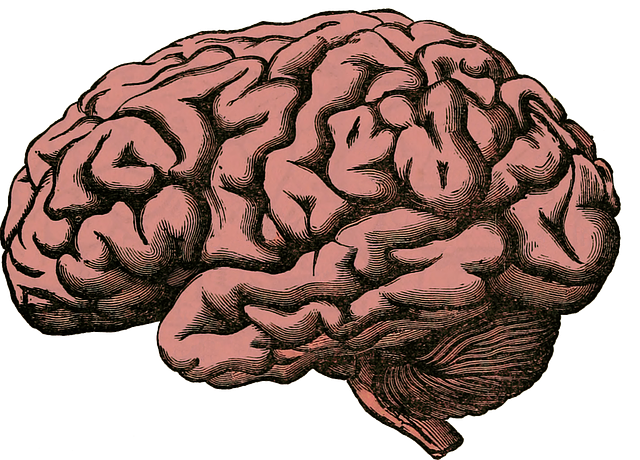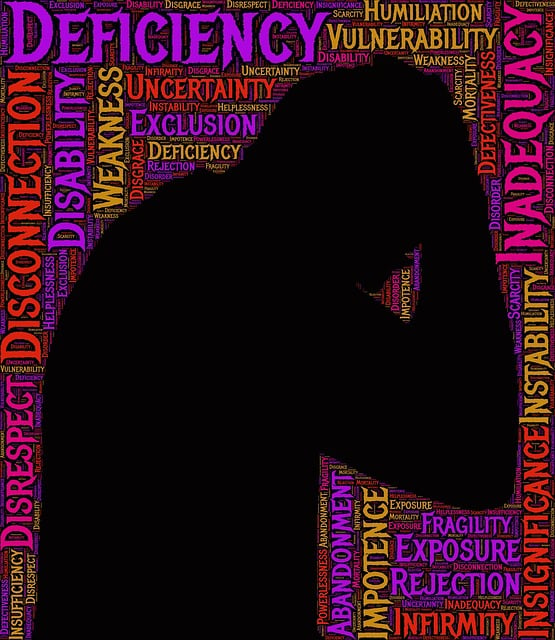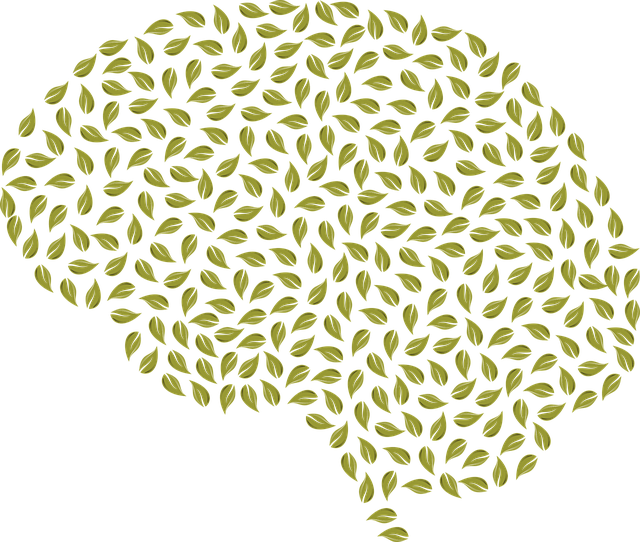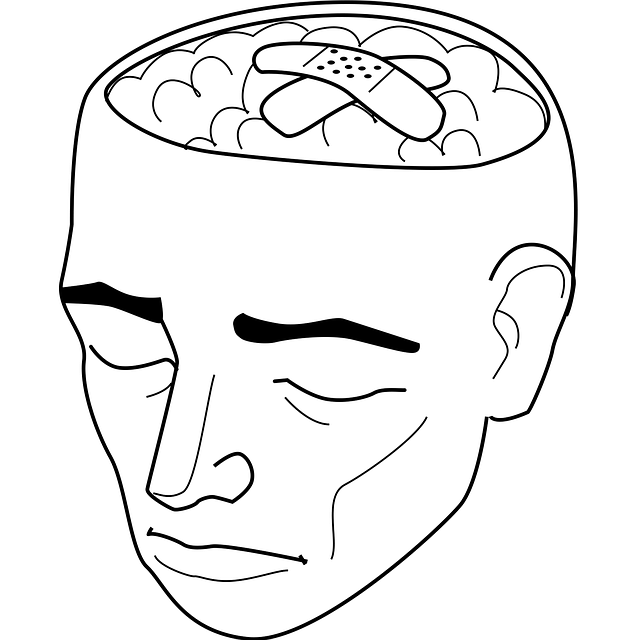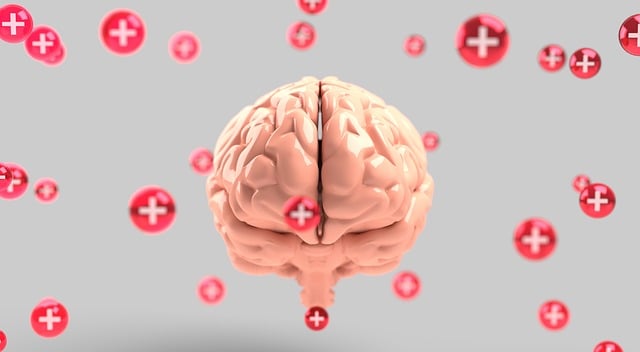Wheat Ridge Dialectical Behavioral Therapy (DBT) offers a comprehensive approach to managing stress and improving well-being. By combining cognitive-behavioral techniques, mindfulness practices, and skills training, DBT equips individuals with tools to identify triggers, regulate emotions, and navigate distressing situations healthily. This therapy enhances self-esteem, fosters healthier relationships, and promotes resilience, ultimately reducing the impact of stress on mental and physical health. For healthcare providers and individuals seeking guidance, DBT and associated programs like Mental Wellness Coaching provide effective strategies for managing stress and maintaining long-term well-being.
Stress management is a vital skill in today’s fast-paced world. This comprehensive guide explores effective techniques, offering a holistic approach to well-being. We delve into the causes and impact of stress, presenting ‘Understanding Stress: Unraveling the Causes and Impact’. For a structured method, Dialectical Behavioral Therapy (DBT) is introduced, with a focus on Wheat Ridge DBT therapy. Core mindfulness skills, distress tolerance strategies, and interpersonal effectiveness round out this powerful toolkit for navigating life’s challenges.
- Understanding Stress: Unraveling the Causes and Impact
- Dialectical Behavioral Therapy (DBT): A Comprehensive Approach
- Core Mindfulness Skills for Effective Stress Management
- Distress Tolerance Strategies to Overcome Challenges
- Interpersonal Effectiveness: Building Healthy Relationships
Understanding Stress: Unraveling the Causes and Impact

Stress is a complex emotional response that can arise from various sources and have significant effects on both mental and physical health. Understanding what causes stress is the first step in managing it effectively. Many factors contribute to stress, ranging from daily demands at work or school to personal relationships and financial worries. The impact of stress can be felt throughout the body, leading to increased heart rate, tension in muscles, difficulty concentrating, and even weakened immune systems over time.
Wheat Ridge Dialectical Behavioral Therapy (DBT) offers valuable tools for navigating these challenges. By teaching individuals to identify their triggers, DBT helps build coping skills for managing stress. This includes techniques to enhance self-esteem improvement, promote mental wellness coaching programs development, and foster healthier relationships. Through these strategies, individuals can learn to respond to stressful situations more adaptively, ultimately improving overall well-being.
Dialectical Behavioral Therapy (DBT): A Comprehensive Approach

Dialectical Behavioral Therapy (DBT) offers a comprehensive approach to stress management, focusing on both individual skills and group support. This therapy is particularly effective for individuals dealing with complex emotional issues, such as those often associated with trauma or substance abuse. DBT combines cognitive-behavioral techniques with mindfulness practices, teaching clients how to navigate intense emotions and conflicts in healthier ways.
In the context of Wheat Ridge Dialectical Behavioral Therapy, clients learn valuable skills like emotional regulation, distress tolerance, effective communication, and conflict resolution techniques. These tools empower individuals to enhance their emotional intelligence, understand their triggers, and develop adaptive coping strategies. By participating in group sessions and practicing these skills in real-life scenarios, clients can effectively manage stress, improve their overall well-being, and lead more fulfilling lives.
Core Mindfulness Skills for Effective Stress Management

Stress management is a crucial aspect of maintaining mental and physical health, especially for healthcare providers who often face high-pressure situations daily. Wheat Ridge Dialectical Behavioral Therapy (DBT) offers an effective approach to tackling stress through the cultivation of core mindfulness skills. At its heart, DBT encourages individuals to be fully present in the moment, a practice that forms the basis of successful stress management.
One of the key techniques is Mindfulness Meditation, which enables practitioners to observe their thoughts and emotions without judgment. By focusing on the breath or bodily sensations, healthcare providers can develop a deeper sense of calm and clarity, even amidst challenging situations. This skill not only aids in burnout prevention but also enhances overall resilience, allowing professionals to navigate stress with greater ease.
Distress Tolerance Strategies to Overcome Challenges

In moments of distress, individuals often seek effective strategies to navigate challenging situations and maintain emotional balance. Dialectical Behavioral Therapy (DBT), pioneered in Wheat Ridge, offers a robust framework for Distress Tolerance Strategies. These techniques empower people to cope with intense emotions, reduce impulsive behaviors, and enhance overall resilience. By learning skills like mindfulness, stress reduction methods, and self-soothing practices, individuals can better manage crises and improve their mental wellness.
Beyond DBT, Mental Wellness Coaching Programs Development plays a pivotal role in fostering self-care practices. Coaches guide clients to identify personalized strategies for dealing with stress, anxiety, and other emotional hurdles. Through structured guidance, these programs help individuals develop coping mechanisms that promote long-term mental health and well-being, ensuring they have the tools to overcome life’s challenges head-on.
Interpersonal Effectiveness: Building Healthy Relationships

Building healthy relationships is an integral aspect of interpersonal effectiveness and a key component in managing stress effectively. The connections we foster with others can either mitigate or amplify our stress levels, making supportive relationships a vital tool in navigating life’s challenges. Wheat Ridge Dialectical Behavioral Therapy (DBT) recognizes this dynamic and incorporates skills training to enhance communication, assertiveness, and emotional regulation within interpersonal interactions.
By participating in mental wellness coaching programs or engaging with therapeutic resources like the Mental Wellness Podcast Series Production, individuals can develop inner strength and learn to navigate relationships more skillfully. These tools enable people to express their needs, set boundaries, and foster connections that promote a sense of belonging and support—all essential factors for maintaining mental wellness and reducing stress.
Incorporating stress management techniques, such as those taught through Dialectical Behavioral Therapy (DBT) in Wheat Ridge, can significantly improve one’s overall well-being. By understanding the causes and impact of stress, individuals can learn effective strategies like mindfulness, distress tolerance, and interpersonal effectiveness to navigate life’s challenges. These skills empower folks to foster healthier relationships, enhance resilience, and create a more balanced and fulfilling life.




